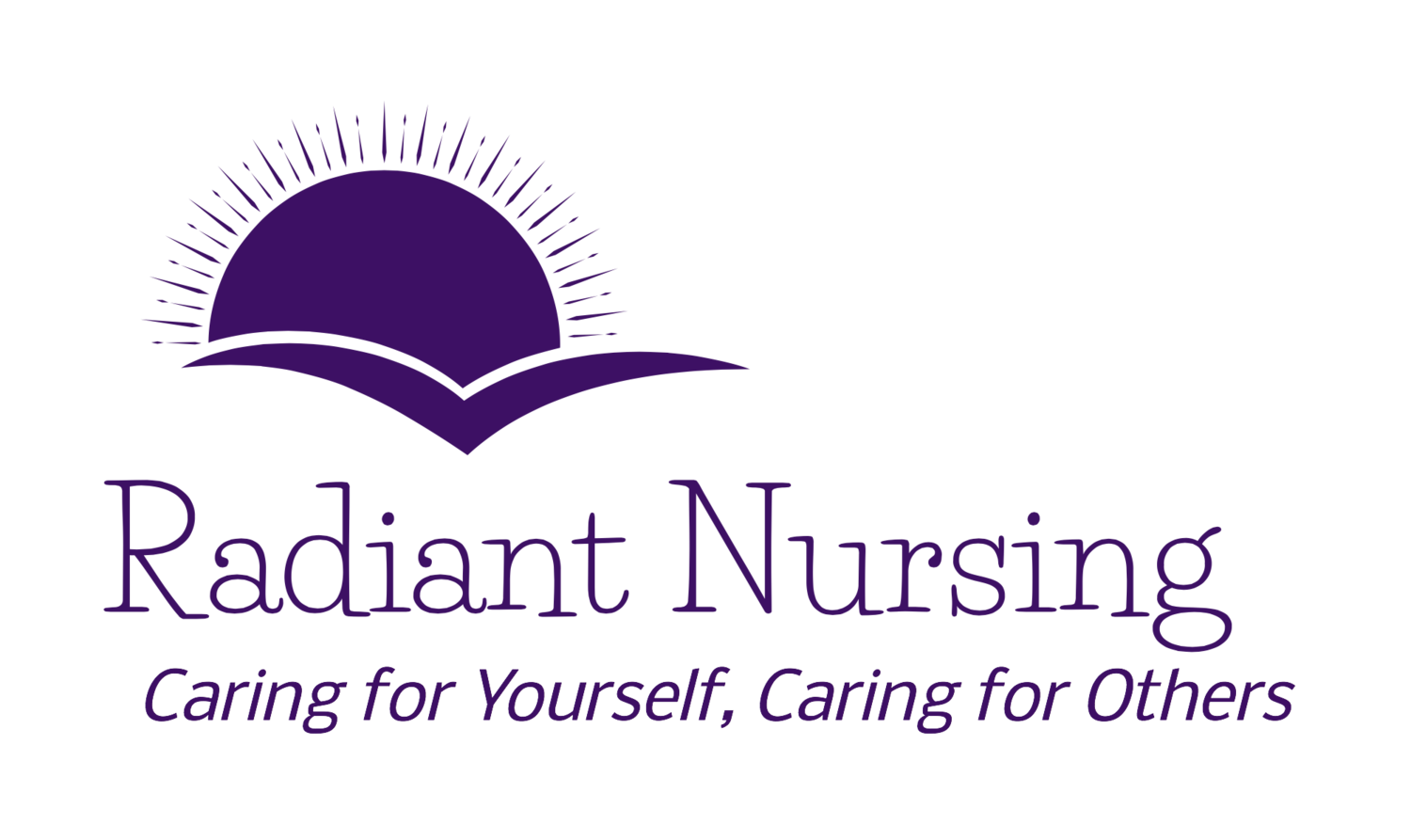Happy New Year 2021
/Out With 2020
Wow. It has been a year. A year of challenge for everyone.
The pandemic burst into our lives, marched into all our dwelling places and made itself at home, settling into every room of the house, as if it would never leave.
Loss Moved In
There was a great deal of loss. Loss of friends, family, and animals. Loss of homes, jobs, and income. While we struggled under the weight of the pandemic, any type of loss seemed even more intense, heart-aching, harder to bear.
There was a loss of vacation travel. On a more somber side, there was a loss of travel to see loved ones, family and friends. We missed holidays. birthdays, births or deaths. We felt the loss of being close together, a hand shake, a kiss on the cheek, a long hug.
We are picking ourselves up now. Everyone holds out hope for an end in sight. Perhaps the vaccines along with community exposure will lift enough of us into a sort of herd immunity.
Silver Lining For Other Creatures
While we lived in lock-down, the planet breathed a sign of relief while it had a break from our incessant activity and pounding on the Earth. In nature reserves, birds were able to relax and have the security to build nests, lay eggs and hatch their young. People were not trampling on their nesting grounds.
It makes one wonder if we couldn’t allow our national parks and nature reserves to have a month or two each year without any of us stomping through them.
Less air pollution was markedly visible above the cities worldwide. Water quality improved. In Venice alone, the lack of cruise ships promoted cleaner water. Noise pollution decreased. While not everything was perfect, poaching increased during the pandemic, we could perhaps look at what was beneficial and see how we could mimic that in normal conditions.
When lockdowns become less and our activities ramp up, we might find that we have less time for meditation. Yet, in such a strong environment of loss, past wounds of loss can open again and become tender. It’s important to remember that the time spent in our meditation is what nurtures us in our world of activity, bringing us more balance and awareness.
A Blessing for The New Year
Let’s welcome a blessing for the new year. What is a blessing? The dictionary defines it as:
– the act or words of a person who blesses:
– a special favor, mercy or benefit:
– a favor or gift bestowed by God, the invoking of
God’s favor upon a person:
– praise devotion, worship, grace said before a meal:
– approval or good wishes.
Another fun fact regarding the definition of the word blessing – whenever animals gather in groups, they are identified with a collective noun, like a pride of lions, a gaggle of geese, or a swarm of bees.
If you should ever stumble upon a group of unicorns, they are formally named… a blessing of unicorns.
As we say goodbye to 2020, we offer this blessing – a poem by John O’Donahue. Beannacht is the Gaelic word for blessing and currach is the word for boat.
Beannacht, by John O’Donahue
On the day when
the weight deadens
on your shoulders
and you stumble,
may the clay dance
to balance you.
And when your eyes
freeze behind
the grey window
and the ghost of loss
gets in to you,
may a flock of colours,
indigo, red, green,
and azure blue
come to awaken in you
a meadow of delight.
When the canvas frays
in the currach of thought
and a stain of ocean
blackens beneath you,
may there come across the waters
a path of yellow moonlight
to bring you safely home.
May the nourishment of the earth be yours,
may the clarity of light be yours,
may the fluency of the ocean be yours,
may the protection of the ancestors be yours.
And so may a slow
wind work these words
of love around you,
an invisible cloak
to mind your life.
Be sure to take a few moments to listen to Mr. O’Donahue recite his poem. His voice and accent capture the wild, sea-whispering Celtic wind.
In With 2021
As we enter 2021, we lift our eyes to this new cycle and we’re filled with hope that this year will be softer and kinder. We invoke a well-known blessing of our own:
May the longtime Sun shine upon you and guide your way home.
Wishing you and yours a new year filled with healing and love. Stay safe. Stay healthy.
Happy New Year!








